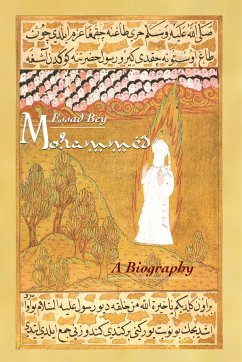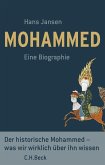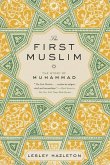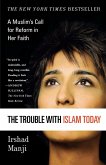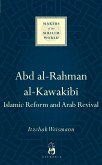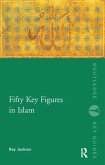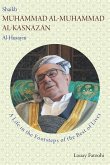". But above all Essad Bey was a brilliant, intoxicating stylist. Bey's writing is of a kind that hardly exists among contemporary non-fiction writers, even less so among experts on Islam. It has rhythm and uses harmonious imagery; it is rich in semantic and syntactic variations; he understands the arc of suspense so well that it sometimes carries the author away from historical facts towards possible but not proven fiction. His biography on Mohammed has perhaps no place in scientifc libraries - but one could not think of a more entertaining depiction, one which captures the spirit of early Islamic history above and beyond that of any source-critical monograph." Navid Kermani Essad Bey (1905-1942) was born in Kiev as Lev Nussimbaum. He gew up in Baku/Azerbaijan where his father was in the oil busniess. After Lev's mother's death in 1911, he was brought up by a nanny who taught him German, her mother tongue. After the family's escape from the Russian Revolution via Istanbul, Rome and Paris, the Nussimbaums settled in Berlin in 1920. Having loved the Muslim religion and culture since his early childhood, Lev converted to Islam at the age of 15 and, henceforth, called himself Essad Bey. He soon became a writer, starting out in the role of "The Man for the East" in the most prodigious German literary review "Die literarische Welt". In the winter of 1929/1930, at the age of 24, his satirical quasi-autobiography "Öl und Blut im Orient" was published which caused a press scandal. However, this was the starting point of his career as an author. In the following eight years he wrote at least sixteen more books, all of them having been translated into many languages. Amongst these titles are his biographies of Mohammed, Tzar Nicholas II, Stalin, Lenin, and Reza Shah. He also wrote two novels under the pseudonym Kurban Said - the world famous Ali and Nino and The Girl from the Golden Horn. Essad Bey died at the age of 36, poor and miserable, in Positano/Italy from complications of Buerger's disease. After Ali and Nino, Mohammed is his most popular and best-known book.

